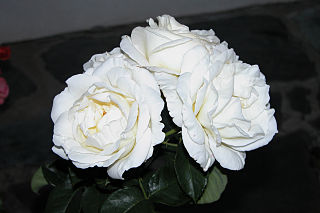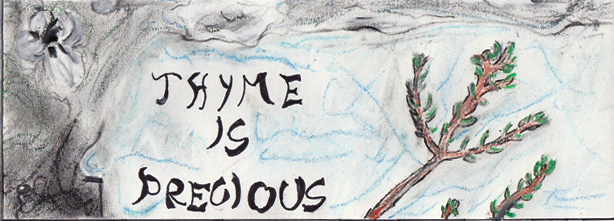Aromatherapy
Aromatherapy is not some weird thing where pretty smelling
things are used. While it is used in salons and for relaxing, it
is also practical. There are different kinds of aromatherapy and
some are more common than you think. If you’ve ever used
Listerine mouthwash, there is peppermint essential oil
in it. Peppermint has antibacterial qualities; thus it is used
in things like mouthwashes. Have you ever used Vicks? One key
ingredient is
eucalyptus another essential oil.
.jpg) The
science of aromatherapy dates back thousands of years. Doctors have
used herbal medicine since ancient times. As early 300 BC,
Theophrastus, Aristotle’s student who inherited his botanical
gardens, used Kyphi, a soothing skin ointment. Herbal medicine
was also used in Vedic medicine which gave rise to ayruvedic
medicine. Ayrivedic medicine is still used today. However, use
of herbal medicine has decreased in use in modern era.
Synthetic copies of perfumes and modern drug development have
become more popular. Aromatherapy is no longer on leading
forefront of medicine. Before modern medicine came out, herbal
medicine was one of the best ways to treat sickness and disease.
There are four kinds of therapeutic or medical uses in
aromatherapy: psychotherapeutic, esthetic, holistic and nursing
and medical aromatherapy.
The
science of aromatherapy dates back thousands of years. Doctors have
used herbal medicine since ancient times. As early 300 BC,
Theophrastus, Aristotle’s student who inherited his botanical
gardens, used Kyphi, a soothing skin ointment. Herbal medicine
was also used in Vedic medicine which gave rise to ayruvedic
medicine. Ayrivedic medicine is still used today. However, use
of herbal medicine has decreased in use in modern era.
Synthetic copies of perfumes and modern drug development have
become more popular. Aromatherapy is no longer on leading
forefront of medicine. Before modern medicine came out, herbal
medicine was one of the best ways to treat sickness and disease.
There are four kinds of therapeutic or medical uses in
aromatherapy: psychotherapeutic, esthetic, holistic and nursing
and medical aromatherapy.
Environmental fragrencing is another word for
psychotherapeutic aromatherapy. This involves how smells or
odors affect our brain’s production of endorphins &
noradrenaline and changes our perception of things. One example
is stores. They may use this to make people buy a certain
product by making it smell similar to another. It is very subtle. This type of aromatherapy has always been around.

Esthetic aromatherapy is aromatherapy for pleasure. Perfumes,
scented soaps and flowers on the dinner table at a fancy restaurant
are examples of this. Besides being used to enhance experiences, it
can also be used to comfort. Near the end of the
life, many patients find certain smells can evoke memories of
better times.
Holistic aromatherapy supports the body, mind and spirit. It is
often used to aid other treatments or could be an alternative
option. It may even be considered unorthodox by some.
Nursing & medical aromatherapy is when essential oils are
used. Essential oils often have medical properties and used to
treat medical conditions. For example, thymol, the essential oil
produced by the Thymus Genus, has antiseptic, antibacterial and
antifungal properties. Essential oils are great for treating
gastrointestinal problems. Essential oils are a wonderful natural
cure, but if not prepared properly can be toxic. If the
concentration is high enough, some can even be deadly (depends on
oil).
